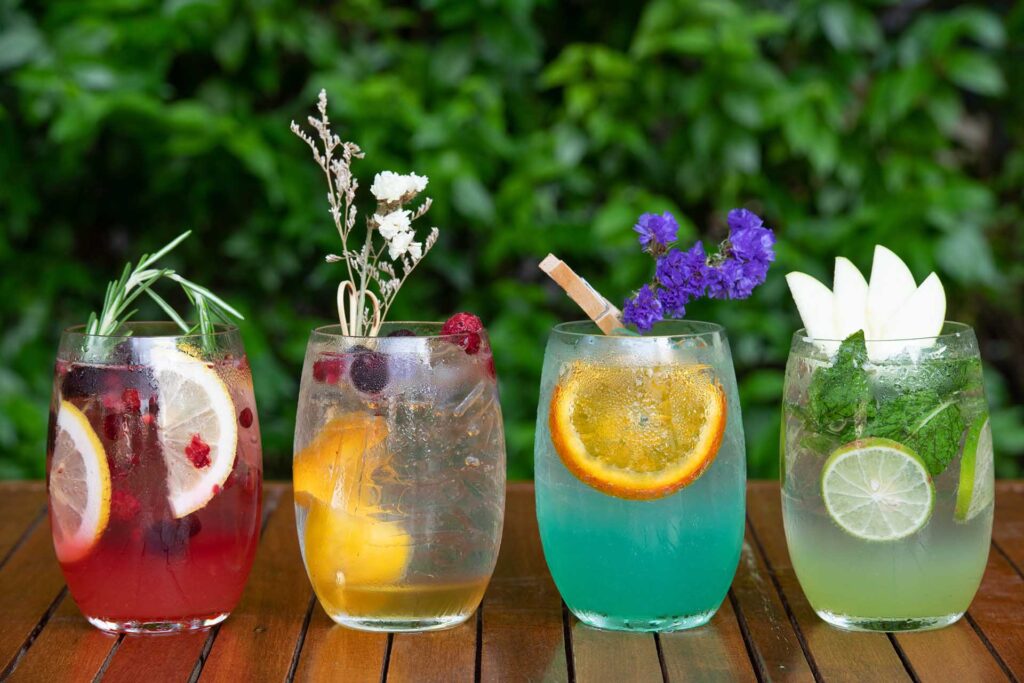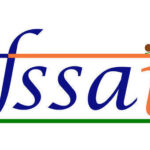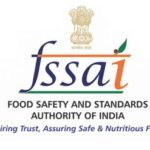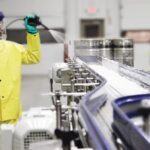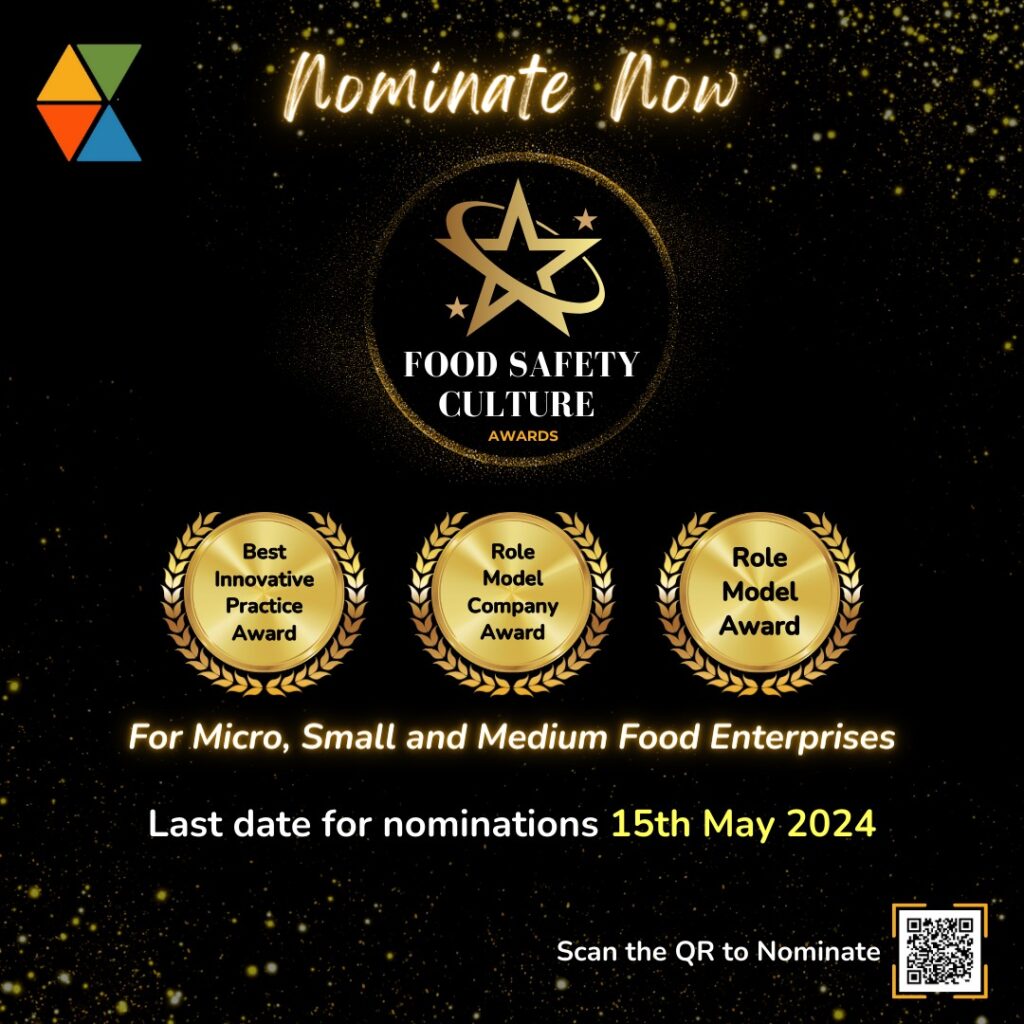A food safety and regulatory perspective
India aspires to be a global leader in food processing and non-alcoholic beverages are a core component of the Indian food processing industry. India is the largest global producer of several raw materials like banana, mango, lime, lemon, papaya, milk, sugar etc., that are used in manufacturing non-alcoholic beverages.
The global non-alcoholic beverage market was worth USD 1180 billion in 2020 and is expected to reach USD 2175 billion in 2026, with a compound annual growth rate (CAGR) of 7.3%. Almost over 60% of the global market is accounted for by carbonated soft drinks (CSDs), ready-to-drink (RTD) tea/coffee, energy drinks and sports drinks. Mineral water (packaged drinking water/natural mineral water) has the highest growth estimation in Asia, with India being one of largest markets.
What is a non-alcoholic beverage?
Codex Alimentarius classifies non-alcoholic beverages into waters and carbonated waters, fruit and vegetable juices and nectars, water-based flavoured carbonated and non-carbonated drinks and water-based brewed or steeped beverages such as coffee and tea. At present, there are no Codex standards for soft drinks and non-alcoholic beverages. However, Codex has clearly described each category of the non-alcoholic beverages. Also, the Codex has regulated the maximum concentration of additives allowed in non-alcoholic water-based drinks (Source: FAO,2016). Globally, non-alcoholic beverages are legally defined by various countries with respect to the alcohol strength.

As defined by the FSSAI, “non-alcoholic counterpart of alcoholic beverage” means non-alcoholic beverage having alcohol content less than or equal to 0.5 % alcohol by volume, which shall meet all the requirements of respective alcoholic beverage of origin except the ethyl alcohol content. Non-alcoholic beverages are classified into 3 based on the need served:
- Stimulating drink/beverage – Drinks consumed to stimulate mental and physical activities such as tea and coffee
- Refreshing drink/beverage – These are taken to make up for fluid loss due to perspiration of our body such as Nimbu pani, water, syrups, soft drinks, tonic water etc.
- Nourishing drink/beverage – These beverages help provide nutrients to the body such as milk-based products like milkshake, chocolate drinks, juices etc.
Based on its nature, non-alcoholic beverages are classified as follows:
- Ready-to-drink essence-flavored beverages (categorized as soft drinks)
- Ready-to-drink beverages containing 100 % fruit juice or fruit juice and other ingredients
- Functional and energy drinks

In FSS (Food Products Standards and Food Additives) Regulations, 2011, in regulation 2.10, non-carbonated water-based beverages (non-alcoholic) means beverages containing water conforming to the standards prescribed for packaged drinking water under these regulations without added carbon dioxide and may contain ingredients as specified in sub-clause (i), singly or in combination. Also, the caffeine content should not exceed 145 ppm.
In recent years, market focuses on more “natural” non-alcoholic beverages. Manufacturers go to the great lengths to procure premium quality fruits and vegetables to produce mildly-processed vegetables for the retail positions. Plant-based protein is also constantly gaining much attention with much emphasis on purity, heritage and transparency of production and functional benefits of the drinks (particularly in case of fruit juices). Food and beverage supply chains are getting complex and must cover the diverse needs of multiple stakeholders. Food safety is utmost importance over this cycle. Let us have an insight on safety issues associated with non-alcoholic beverages.
Food Safety First!
Reports highlight ‘food additives and flavours’ as the prime hazard category with the biggest amount of recall/import refusal incidents during the last few years globally. Such hazards include use of high concentration of food additives such as benzoic acid, sodium benzoate, unauthorized use of colors in non-alcoholic beverages such as E122 – azorubine, high content of sweetners like E952 – cyclamate and unauthorized use of additives like E385 – CdEDTA. The categories of non-alcoholic beverages that are mostly affected include, soft drinks, juice drinks, juices, energy drinks, water and functional drinks.



- Soft drinks – Elimination of product contamination with pathogenic microorganisms is of top priority in this category of drinks. Pathogens would source in mostly through contaminated water supplies. Various disinfection stages of multiple barrier principles of water treatment can be applied to address the issue of pathogen contamination. Rigorously enforced good manufacturing practices (GMP), good hygiene practices (GHP) as well as other prerequisite programs (PRPs)such as appropriate pest control programs are also essential. Staff health monitoring is also an indispensable PRP. Microbiological control by effective implementation cleaning and sanitization programs should also be in place. Other major issues highlighted include fraud incidents like incorrect labelling and misdescription. Also, chemical hazards were reported.
- Juice drinks – The major hazard related to this category is unauthorized use of additives such as E223 – sodium metabisulfite, E954 – saccharin, E122 – azorubine and others. The top 10 countries of origin of non-alcoholic beverages associated with food protection incidents over the last five years are – Colombia, Vietnam, Australia, Ghana, Peru, Philippines, Russia, Turkey, United Kingdom, Uzbekistan.
- Fruit and vegetable juices – Most of incidents related to this category of drinks reported over last five years are associated with fraud. Fraud-related incidents are mainly labelling/misdescription such as misbranding, insufficient documentation and missing nutrition information. Presence of mycotoxins such as patulin, ochratoxin in fruit and vegetable juices have been reported. Also, few incidents involving heavy metals, industrial contaminants and pesticides have been stated.
- Functional drinks – The information related to this category is limited. In the global level, studies show identified hazards were related to overly high content of E210 – benzoic acid and others were related to the presence of chlorate and perchlorate.
- Energy drinks – Almost half of the incidents reported related to this category were related to food additives and flavours. High content of food additives such as benzoic acid, sorbic acid, caffeine, sodium benzoate and Ponceau 4R have been identified.
- Water – In this category, all different types of bottled water are considered – spring water, purified water, mineral water, sparkling bottled water, artesian water/artesian well water and well water. Most incidents include chemical hazards whereas foreign bodies and biological and organoleptic aspects account for 60% of the prevalent incidents. Prevalent chemical incidents are related to water composition and presence of heavy metals. Presence of arsenic, chromium and manganese in water have been recorded. Other top hazards are overly high content of nitrite, boron, barium, fluoride and nitrate in water. Biological hazards related to pathogens including Pseudomonas aeruginosa, Escherichia coli, Sulphite reducing Clostridium spp., Enterococcus spp., Salmonella enterica ser Kottbus have been found.

With regards to the incidents and probability of occurrences of food safety incidents following are vital in non-alcoholic beverage industry.
- Identification of prevalent risks associated with raw materials
- Comparative evaluation of risk profile for different raw materials’ origins
- Critical evaluation and risk-based selection of raw material suppliers.
In August 2016, the FSSAI finalized the standards for carbonated fruit juices and fruit drinks. The regulations are known as the Food Safety and Standards (Food Products and Food Additives) Amendment Regulations, 2016. According to the regulation, the beverage could contain sugar, dextrose, invert sugar or liquid glucose as well as peel, oil and fruit essences and other appropriate ingredients. Also, the regulation defines the following requirements.

- The product shall be called ‘carbonated beverage with fruit juice’ if the quantity of fruit juice in the beverage is less than 10.0% but not less than 5.0% (2.5 % in case of lime or lemon). In this case, the requirement of 10.0 % TSS shall not apply.
- It is mandatory to declare the quantity of fruit juice on the labels of carbonated fruit beverage or fruit drinks.
The Import of non-alcoholic beverages to India is also regulated by the FSSAI. Apart from the general import procedure, following are the mandatory requirements.
- The importer or custom house agent (CHA) must take NOC i.e. no objection certificate from FSSAI to import any food items.
- All products must have a minimum of 60 % shelf life on every product at the time of entry into India.
- All information must be in English.
Other requirements as per FSSAI
The FSSAI has specific regulations for the food additives used in the beverages. The General Packaging and labelling requirements for packaged food as per the FSSAI apply for non-alcoholic beverages as well. Also, there are specific packaging and labelling requirements pertaining to non-alcoholic beverages.
Specific Packaging requirements are:
- Juices, squashes, crush, cordials among others shall be packed in clean bottles securely sealed. These products when frozen and sold in the form of ice shall be packed in suitable cartons. Juices and Pulps may be packed in wooden barrels.
- Every container or package of flavour emulsion and flavour paste meant for use in carbonated or noncarbonated beverages shall carry the following declaration, in addition to the instructions for dilution “Flavour emulsion and flavour paste for use in Carbonated or Non-Carbonated beverages only”
- Any fruit syrup, fruit juice, fruit squash, fruit beverages, cordial, crush or any other fruit products standardised under Food Safety and Standards (Food Products standards and Food Additives) Regulations, 2011 which does not contain the prescribed amount of fruit juice or fruit pulp or fruit content shall not be described as a fruit syrup, fruit juice, fruit squash, fruit beverages, cordial, crush or any other fruit product as the case may be.
- In case of any bottle containing liquid milk or liquid beverage having milk as an ingredient, soft drink, carbonated water or ready-to-serve fruit beverages, the declarations with regard to addition of fruit pulp and fruit juice shall invariably appear on the body of the bottle
- Also, the types of packaging materials and their characteristics are specifically regulated.
Specific Labelling Requirements are:
- Specific declaration of flavours to be mentioned
- The nutrition information is declared per 100ml or as per serving on the label.
- The regulation also specifies the labelling requirements for mineral water and caffeinated beverages.
How can we help?
Do the regulations seem confusing? Not able to figure out the import procedures for your product? We can assist you! We can give the comprehensive information on how to take your drive forward. We can guide you through the regulations and help take your business idea in the right direction. Get ahold of Us for all your queries regarding the regulations and technical aspects on non-alcoholic beverages.
Who we are?
We at Food Safety Works have a team of experts with over 200+ years of collective experience.
Started as “Quality and Food Safety Consultants” in 2009, the company was established to bridge the knowledge gap in the industry about Food Safety Management Systems. We take a 360-degree view of food safety starting with design, implementation and monitoring.

